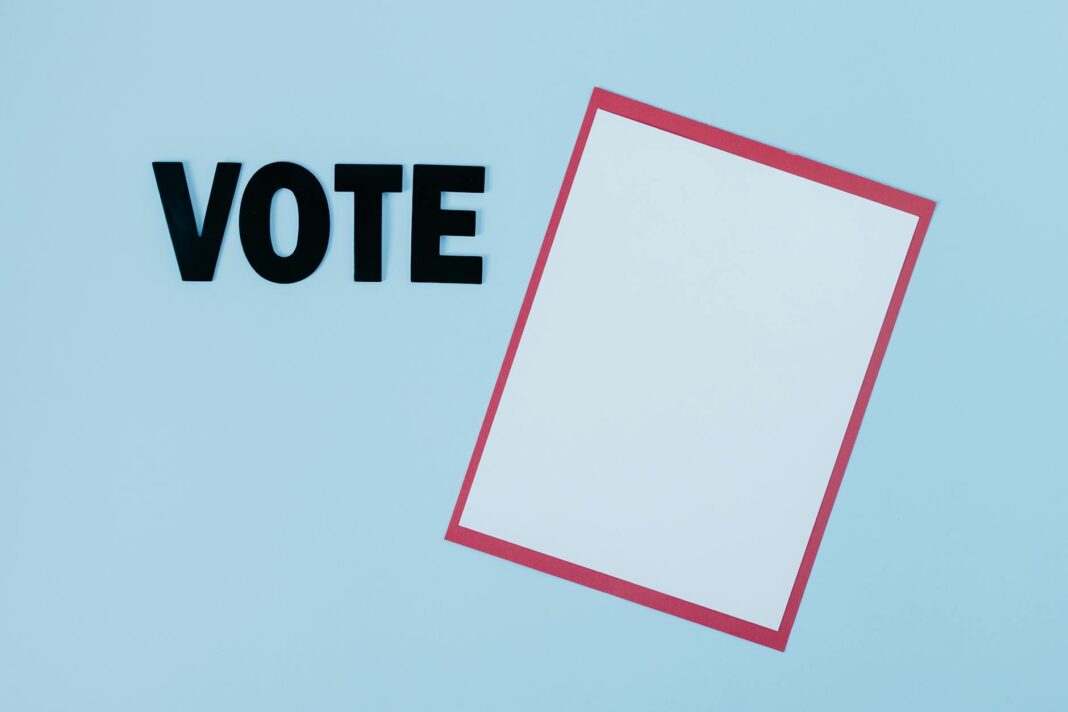Maduro’s Outrage Over Trump’s Actions
Nicolás Maduro, the President of Venezuela, has publicly condemned the Trump administration’s recent military maneuvers in the Caribbean, labeling them as a “heinous crime.” His remarks come amid rising tensions in the region, where Maduro believes the U.S. is provocatively positioning itself for potential conflict. The Venezuelan leader suggests that these actions aren’t just strategic; they are aimed at igniting a war that could destabilize the Caribbean and further threaten the sovereignty of nations within it.
Context of the Accusation
The backdrop to Maduro’s claims is a series of military operations and naval deployments by the United States that have raised eyebrows in countries throughout Latin America. The Trump administration has defended its presence in the Caribbean as a necessary measure for national security and regional stability. However, Maduro sees it as a direct threat to Venezuela, a country that has been under economic and political siege for years, partly due to U.S. sanctions and military posturing.
The Impact of Trump’s Policies
Maduro’s denunciation is not merely a reaction to a single event but part of an ongoing narrative where he paints the U.S. as an aggressor. The perception that the Trump administration is intent on regime change in Venezuela has only intensified since the early days of his presidency. Maduro’s government has faced severe criticism for its handling of the economy and human rights issues, but he often deflects these criticisms by drawing attention to foreign threats, particularly from the U.S. This tactic has been a cornerstone of his administration, allowing him to rally domestic support by framing external forces as enemies of the state.
A Call for Unity Against Aggression
In his statements, Maduro has urged Caribbean nations to stand together in opposition to what he describes as American imperialism. He emphasizes the need for a united front to resist outside interference and protect national sovereignty. This rhetoric resonates with countries in the region that have historically faced similar pressures from the U.S. and are wary of its military presence. The call for unity is not just about resistance; it’s also about solidarity among nations that share a history of colonialism and intervention. Maduro’s appeal could serve to strengthen regional ties, particularly among nations that have been skeptical of U.S. motives.
Reactions from the International Community
Reactions to Maduro’s accusations have been mixed. Some Caribbean nations have echoed his concerns about U.S. military actions, viewing them as a potential threat to regional stability. Others, however, remain cautious, balancing their own diplomatic relationships with the United States against solidarity with Venezuela. The Caribbean is a diverse region, and responses to Maduro’s call for unity will likely vary based on each nation’s political landscape and historical relationships with the U.S.
Looking Ahead
As tensions continue to simmer, the question remains whether Maduro’s accusations will lead to increased solidarity among Caribbean nations or if they will be perceived as an attempt to distract from Venezuela’s internal issues. The situation is complex, and each development could have significant implications for the geopolitical landscape of the Caribbean. Will other nations heed Maduro’s call, or will they shy away from confrontation with a superpower? As the Biden administration reassesses its approach to Latin America, the actions taken in response to Maduro’s claims could shape future relations in the region.
The Broader Implications
This situation reflects a broader trend of rising nationalism and anti-imperialist sentiments in various parts of the world. Countries are increasingly wary of foreign intervention and are seeking to assert their independence. Maduro’s rhetoric taps into these sentiments, framing Venezuela’s struggles as emblematic of a larger fight against meddling powers. How this narrative plays out could influence not only Caribbean politics but also global perspectives on U.S. foreign policy.
Questions
What impact do you think U.S. military actions have on regional stability?
Can Maduro successfully rally Caribbean nations against perceived aggression?
How might this tension affect Venezuela’s domestic situation and international relations?

